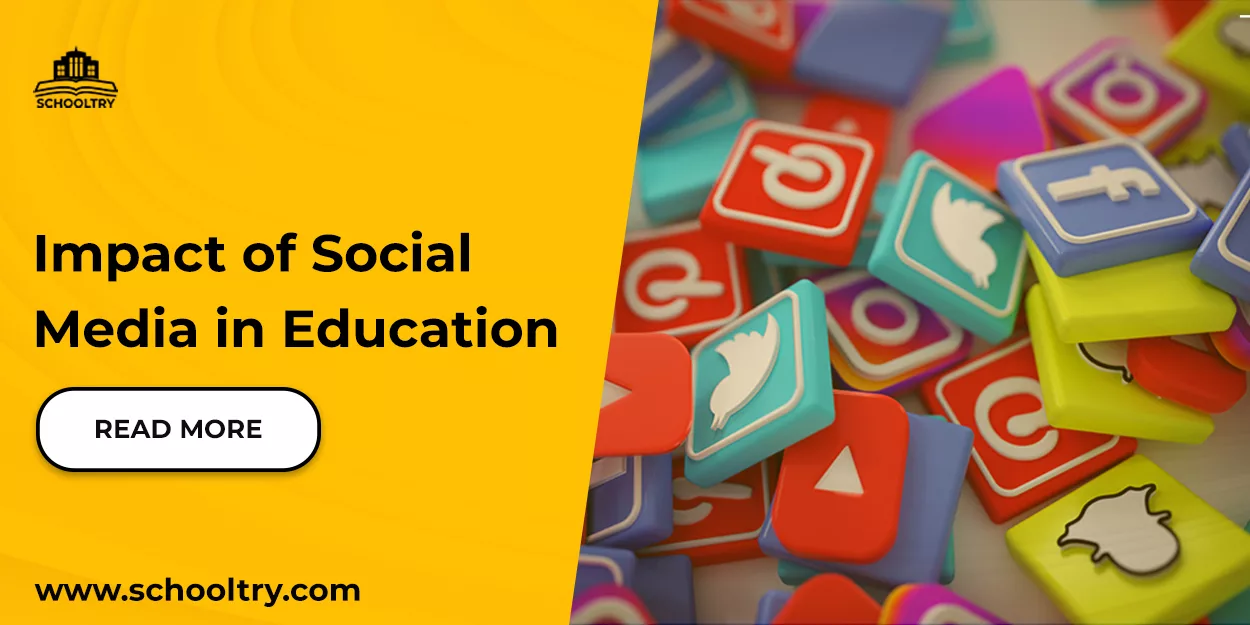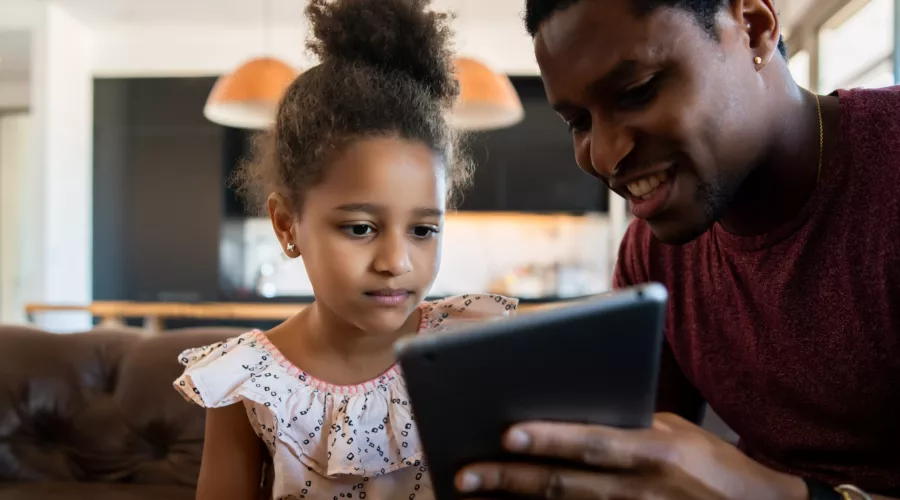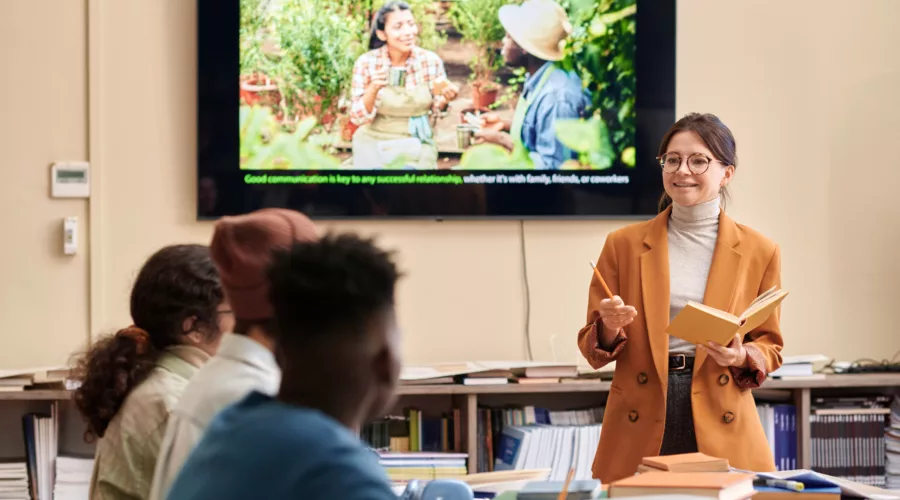The ongoing progression of Social Media has transformed it into a powerful instrument, serving not just recreational needs but also fostering educational enrichment. Different social media applications actively present advantageous content for the educational system, which is why this article explores the ‘Impact of Social Media in Education.’
Before we proceed,
What is Social Media?
Social media, a form of mass media communications on the Internet (such as on websites for social networking and microblogging) through which users share information, ideas, personal messages, and other content (such as videos). Social networking and social media are overlapping concepts, but social networking is usually understood as users building communities among themselves while social media is more about using social networking sites and related platforms to build an audience.
Additionally, Social Media comprises interactive tools facilitating the creation, sharing, and aggregation of content, ideas, hobbies, and expressions through online communities and networks. It serves as a communication platform where individuals exchange diverse ideas and opinions. Various social media platforms such as Twitter, Instagram, WhatsApp, Snapchat, YouTube, TikTok, and more are available.
The earliest forms of social media appeared almost as soon as technology could support them. E-mail and chat programs debuted in the early 1970s, but persistent communities did not surface until the creation of the discussion group network USENET in 1979. USENET allowed users to post and receive messages within subject areas called newsgroups. USENET and other discussion forums, such as privately hosted bulletin board systems (BBSs), enabled individuals to interact, but each was essentially a closed system. With the release in 1993 of the Mosaic web browser, those systems were joined with an easy-to-use graphical interface. The architecture of the World Wide Web made it possible to navigate from one site to another with a click, and faster Internet connections allowed for more multimedia content than could be found in the text-heavy newsgroups.
Impact of Social Media in Education
1. Access to Resources:
Social Media provides abundant educational resources across diverse fields and platforms. Students actively explore different platforms to download resources for studying, exam preparation, and research projects. The wealth of resources available on social media ensures easy accessibility and utilization.
2. Knowledge Acquisition:
Social Media provides a wealth of information for users to access. Nonetheless, it is crucial to distinguish reliable sources to ensure the effective utilization of this information for research, thereby aiding students in their academic pursuits.
3. Networking Opportunities:
With millions of users worldwide, social media serves as an ideal platform for networking among students from various universities. It enables connections and networking about academic topics or personal experiences, fostering meaningful interactions and collaborations.
4 .Academic Excellence:
Connecting with peers from other universities who share similar areas of specialization fosters academic growth and excellence. Social Media facilitates these connections, contributing to the achievement of academic goals and aspirations.
Conclusion
Social Media has positively impacted students worldwide when utilized appropriately. Many students have testified to its beneficial effects, aiding in their academic growth and success. Are you a school owner or administrator in need of a web solution like SchoolTry to automate, digitize, or transform your school work? Click on this link to register for free and see how it works.




